We keep on reading and chatting on the big impact of ‘Big Data’. And, how data whether big or small can reshape our lives. Data is the ‘new oil’ in the sense that it drives the engine of future. Also, data in many ways is the ‘new gold’ as a cache of bankable info when structured and mined efficiently promises to transform our ‘present’ and hedge us from potential risks of the ‘future’. Businesses and enterprises are reaping gains by mining data with disruptive technologies like Machine Learning and Predictive Analytics. And, such analytics tools are useful for governments as they need to mine data to make better decisions and enhance transparency in governance.
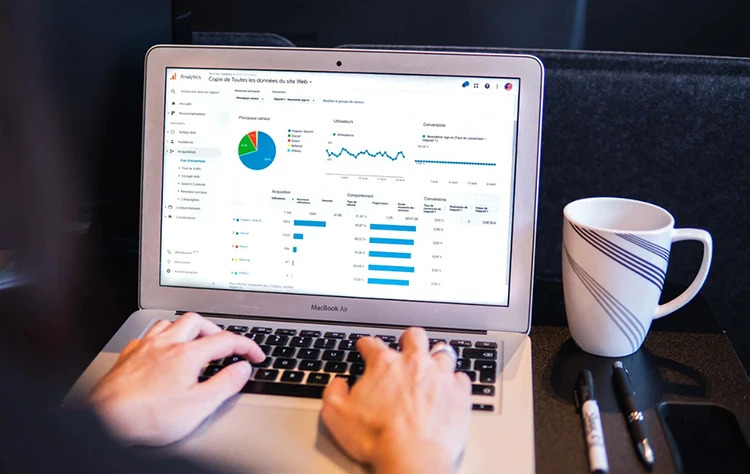
What can Governments Gain from Analytics?
Governments around the world stand to gain $1 trillion from using Data Analytics and other related technologies as per McKinsey’s estimates. Few of the governments have documented their value and have displayed 8X return on their investments (ROI) primarily through improved efficiency and decrease in waste, fraud management and eliminating abuse. Governments can also unlock the power of analytics for improving transparency, enhancing productivity, reduce costs, stamp out fraud, abate crimes and prepare better for handling emergencies.
Preempt problems, not just react- The answer in predictive analytics
Technology is changing the way governments approach problems. Beyond their role of troubleshooting, governments are anticipating or preempting problems instead of only reacting to them after they arise. Predictive analytics and Artificial Intelligence (AI) enable governments to target problems before they snowball into crises. For any government, forewarned is forearmed. An ounce of prevention is better than pounds of cure. Say, for instance, the US Air Force has used predictive maintenance technology to forecast when an aircraft may break down and then carry out preventive replacements and maintenance to avoid it. The ability to analyze legacy data sets and forecast potential problems explains why 34 per cent of the Chief Data Officers in the USA use predictive modelling.
Analytics in Governments- Counting the Possibilities
Analytics can enable governments optimize a multitude of processes and functions. To illustrate, the Las Vegas health department used advanced AI technology like Natural Language Processing (NLP) to analyze more than 16,000 tweets each day for food poisoning related clues to detect venues that are likely to pose public health hazards. In India too, the federal government has stepped ahead on the road of data analytics. It used data mining techniques to catch tax evaders in 2017. This was made possible by ‘Project Insight’, a platform completely based on data analytics.
Navigating the ‘Data’ Map- Risks & Opportunities
The myriad benefits of data mining are known. But, predictive analytics can’t be 100 per cent error proof. If an analytics algorithm has 99 per cent accuracy and is applied to 100 million citizens, we would still face one million errors. Plus, there are usual concerns on privacy of citizens’ data when the use of big data analytics can accurately identify individuals and sensitive attributes without their knowledge or consent. However, the risks and pitfalls of implementing data analytics are not insurmountable. And, the gains outweigh the anticipated risks. Government oversight is needed in decisions that affect citizens. As of now, much of the data analysis is occurring in isolation. For example, social analytics connects a group of people with a certain variable. The future rests on Relationship Analytics which will allow governments or a government run entity to connect different data sources using multiple techniques to get the big picture of the problem. Let’s say in supply chain management, customer relationship analysis can lead to better customer relations in terms of sales and service and help achieve competitive pricing. We are still in the early stages of data analytics. But its possibilities are endless. When mined right, data can make many challenging jobs doable- from improving agricultural yield to detecting fraud and rooting out poverty.
The author is Priyadarshi Nanu Pany, founder & CEO of CSM Technologies. This article was originally published on his LinkedIn profile.















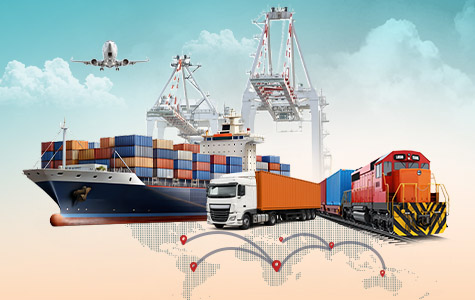

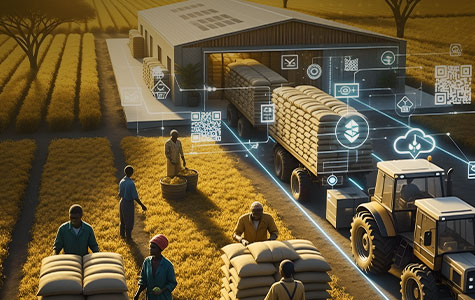




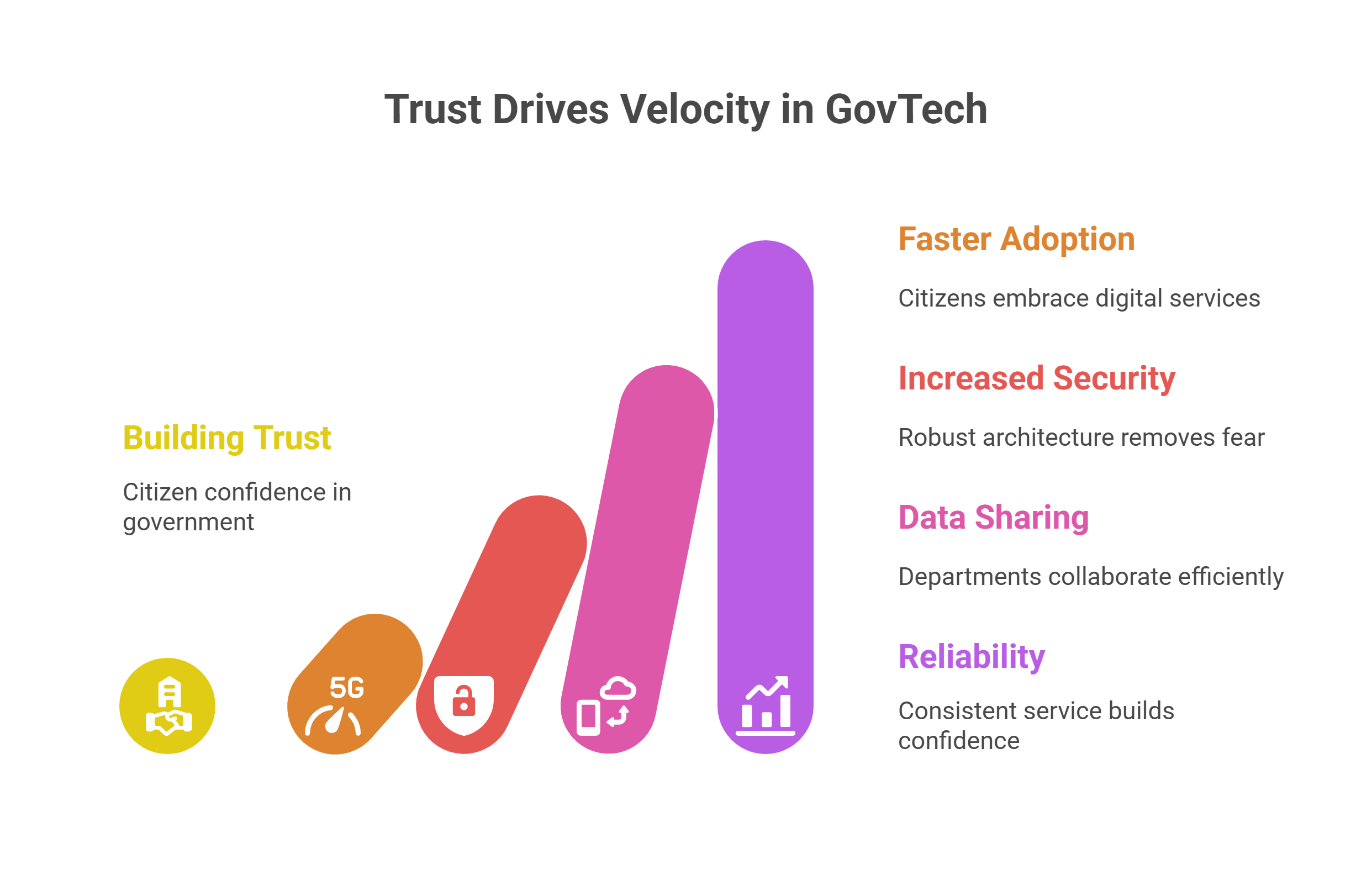
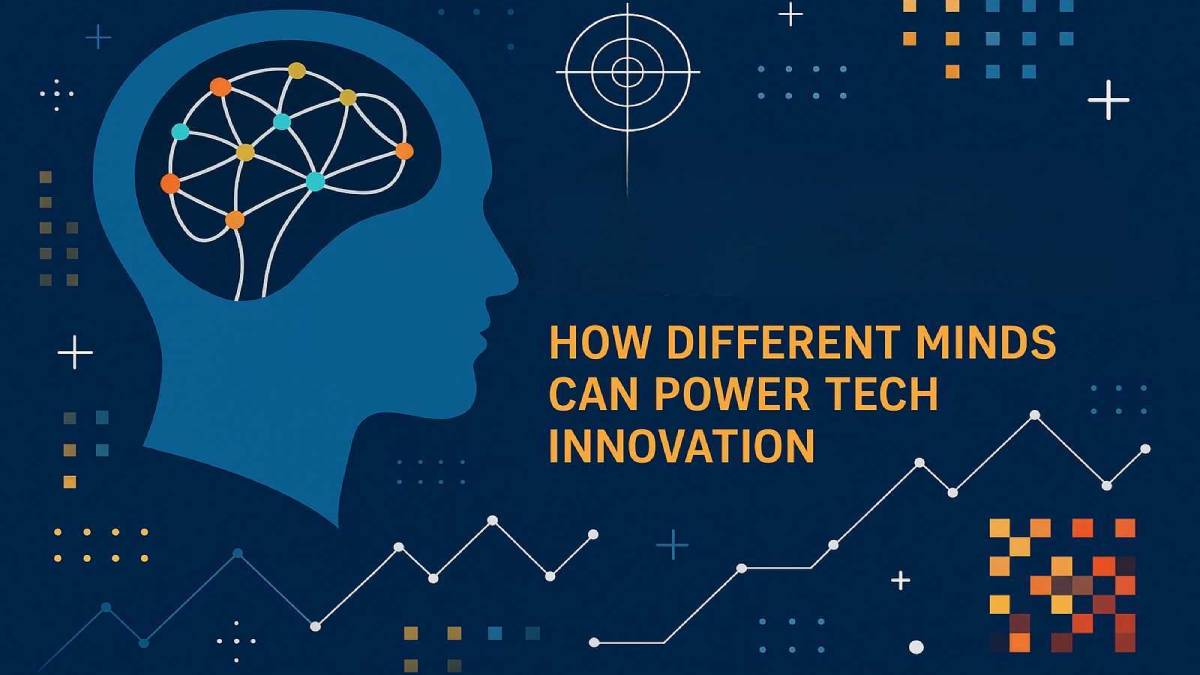
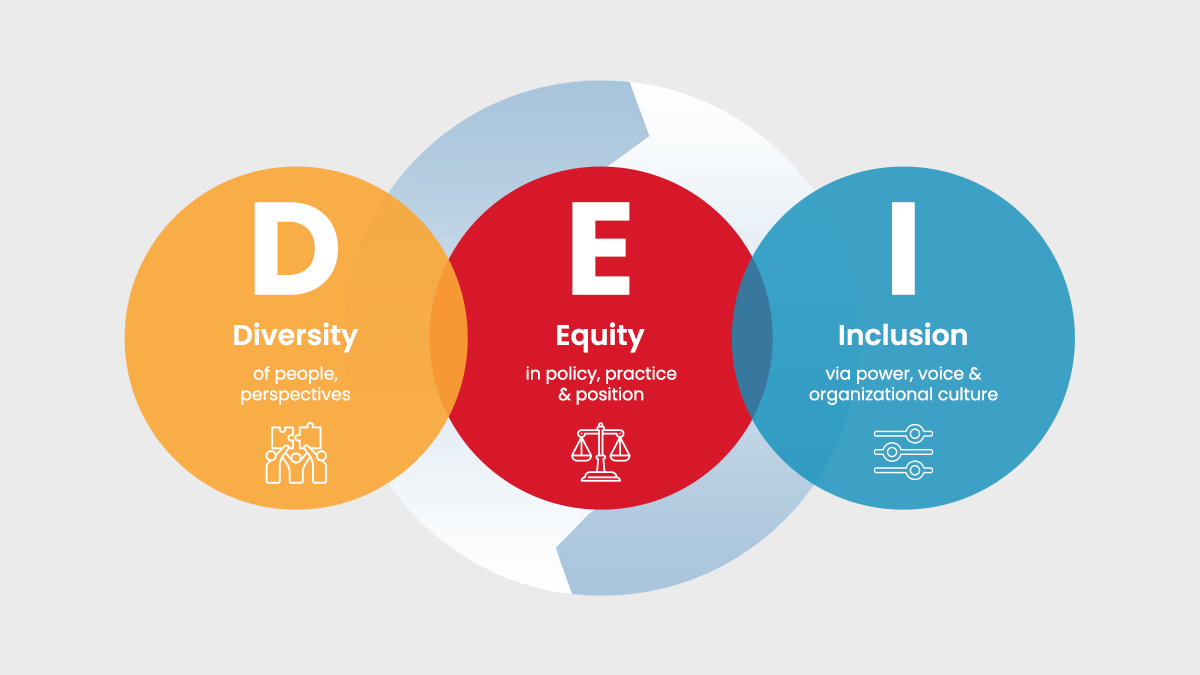




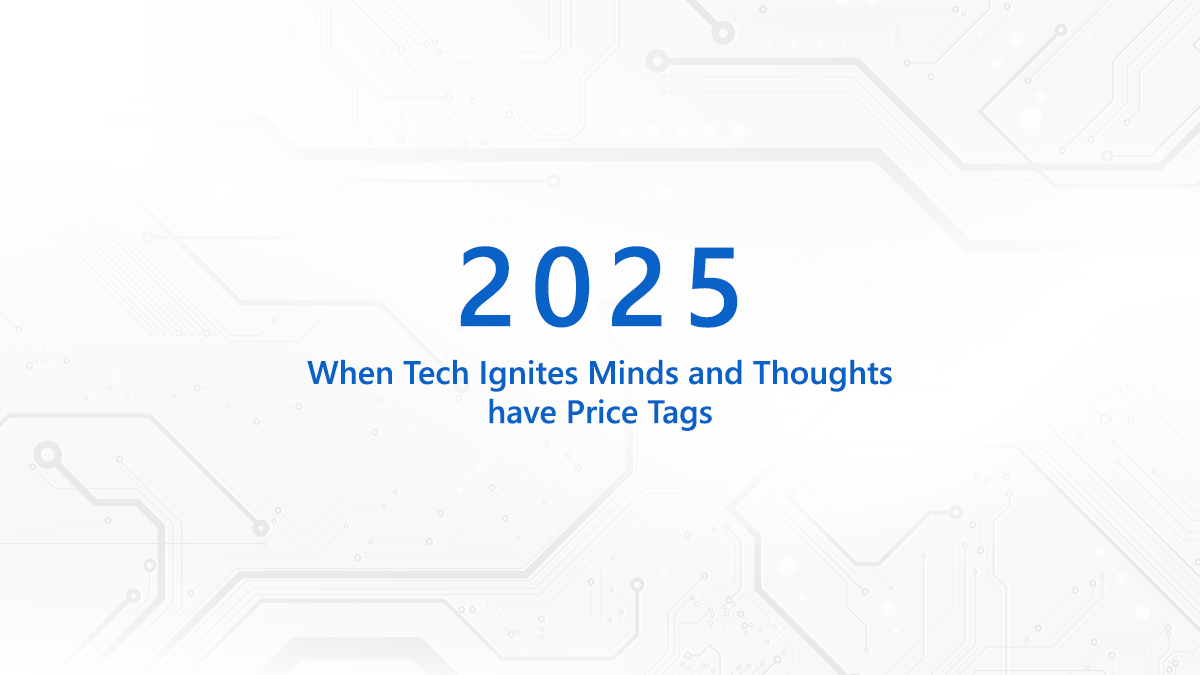







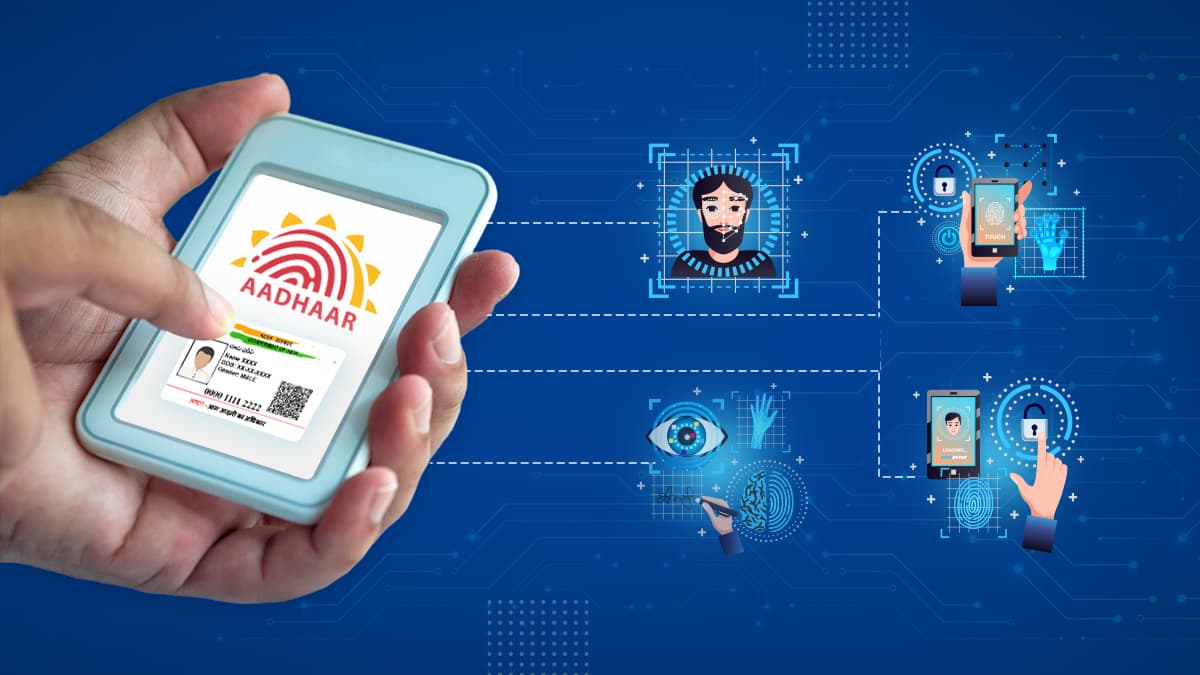




We will verify and publish your comment soon.